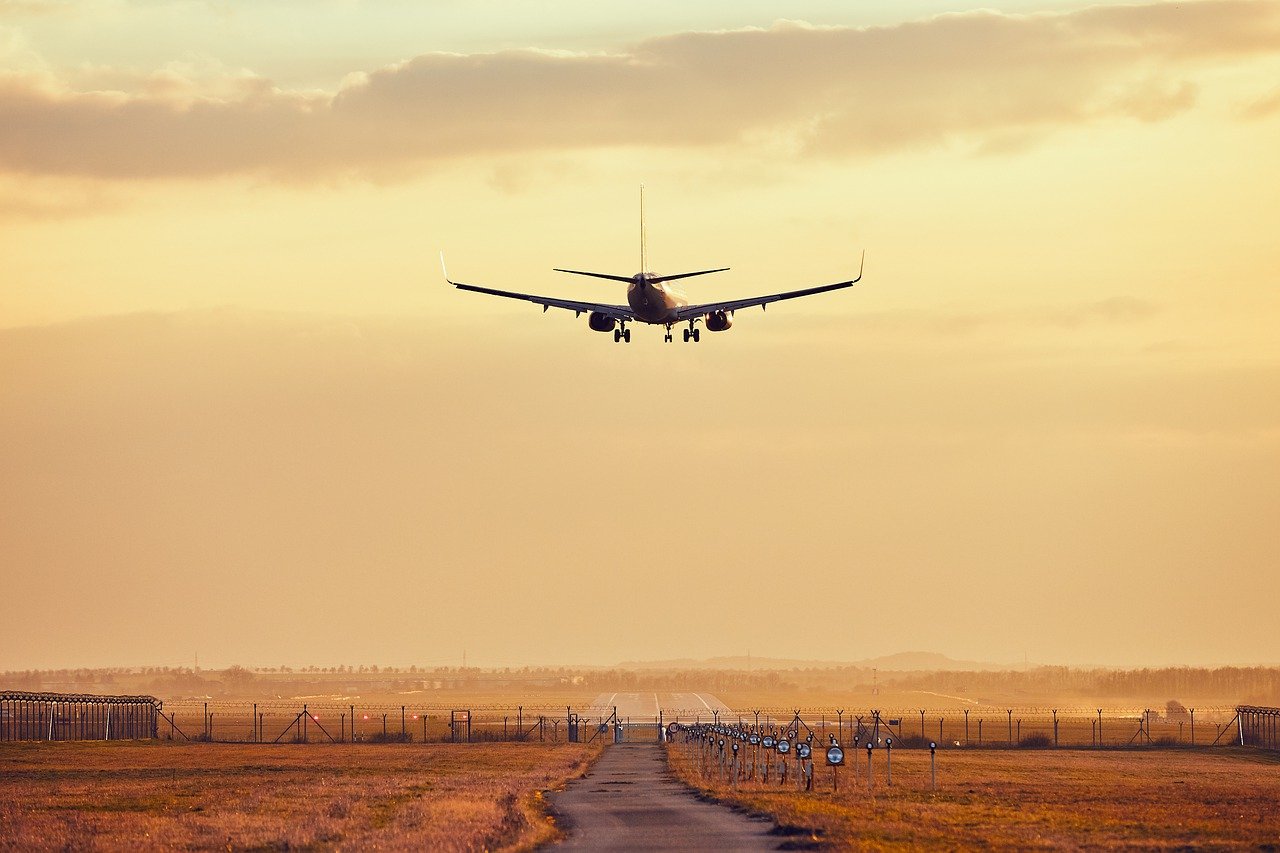Africa is the future is today’s reality! Looking at the turn of events unfolding within the continent, we can only hope for the best. One of such is the African continental free trade area agreement (AFCFTA) which is to be implemented in January, 2021.
In case you are wondering what the AFCFTA stands for, and what it means for Africa, this is it. The AFCFTA is to create a single continental market for goods and services and to promote free movement of goods and people.
How? by removing all barriers restricting free movement of people and goods within the 55 member states of the Africa Union. How will this agreement impact on the tourism industry in Africa? Lets look at some few key areas to expand on the opportunities ahead leveraging on the AFCFTA.
What about visas?
Visa free policies is the weird part! its so easy for an African to obtain visa to Europe than to another country in Africa. This has pose a huge challenge for the longest time in promoting intra-African travel.
The restrictions on entry requirements and visa policy impose within the 55 member states of the Africa union, is a huge stumbling block to the success of intra-African tourism.
The Africa union mission is for a borderless continent with one passport which allows billions of visa-free movement of people within the continent, just like the European union.
Disappointing to see its still a struggle to take effect. Therefore we strongly believe that the implementation of the AFCFTA is the catalyst to launch the one continental Africa passport easily accessible to all Africans.
Travel is pivotal to the success of the AFCFTA. After al people need airplanes, accommodation and logistics to trade and do business outside their home base. The AFCFTA is projected to be the world’s largest free trade area, as the goal is to create a single market for goods and services across 55 countries.
Free continental movement of Goods, Services and People
Thus, by removing all barriers restricting free movement of people, business and trade will have a ripple effect on the tourism sector in Africa. The agreement is critical to the growth and development of Africa and crucial for creating jobs for its 1.27 billion people.
The free movement of people and trade within Africa will translate to an increase in demand for business travel, but hold that thought. Following recent trend, its been noticed that leisure travel now takes a visible part in the itinerary of an average business traveler.
Therefore, its expected that as Africans travel for business within the continent, this should automatically trigger an increase in demand for air travel, accommodation and tourism. Its fitting to say that Intra-African trade is symbiotic to intra-African travel and tourism.
Intra-African trade has been significantly low for over decades when compared to other continents like Europe and Asia. Very funny as same applies to intra-African travel which equally has low growth rate.
Business travel is a huge segment in the travel industry, with the implementation of AFCFTA, trade and investment is expected to boost across the continent . Air fares, which by the way is so expensive and complex within the continent is a hurdle to jump . Least we forget that free movement of people is key for economic transformation and development.
Continental Passports
The one continental passport was launched in 2016, which is to replace the individual country passport all things being equal. But its currently available to few selected top Government officials and senior diplomats. Its worthy of note that few commercial airlines operate within Africa and they are extremely expensive.
Looking at the bigger picture, intra-African trade activities increase within the continent should rub off on intra-African travel. Ideally, air fares is expected to drop as more airlines enter the market due to increase in demand for intra-African travel.
Come January 2021, Africa is expected to break the ice hindering free trade and economic development. The world is watching and Africa is waiting!








